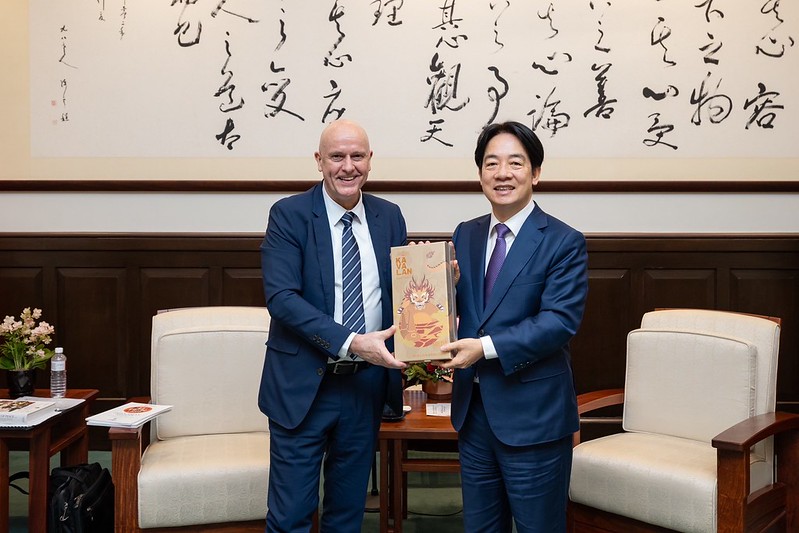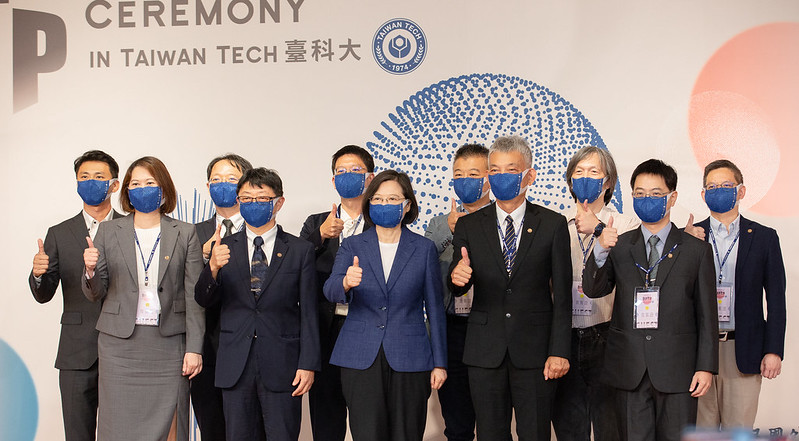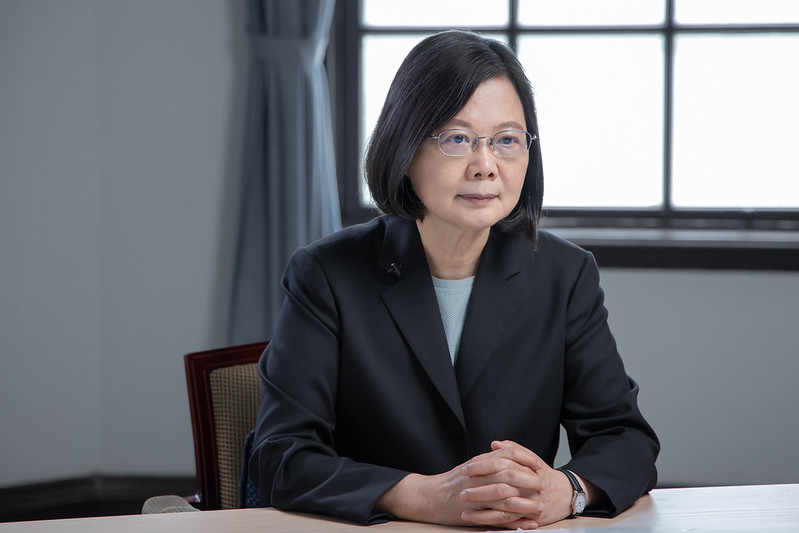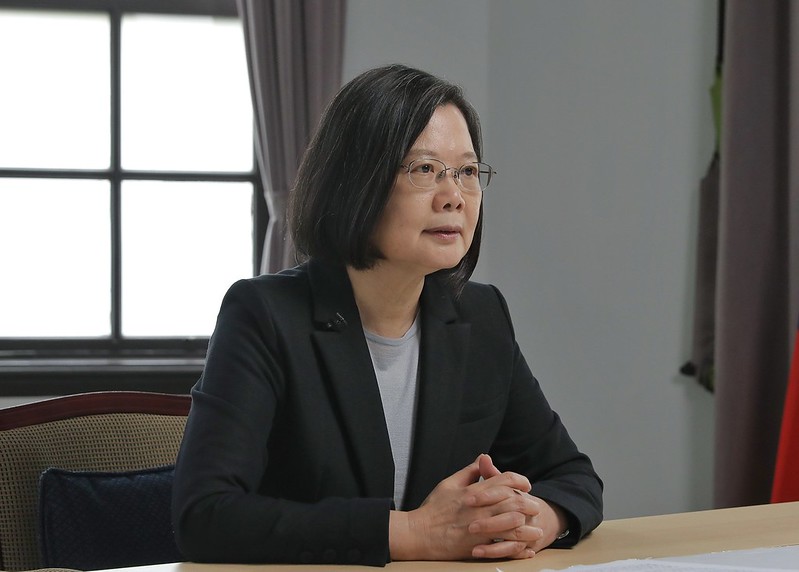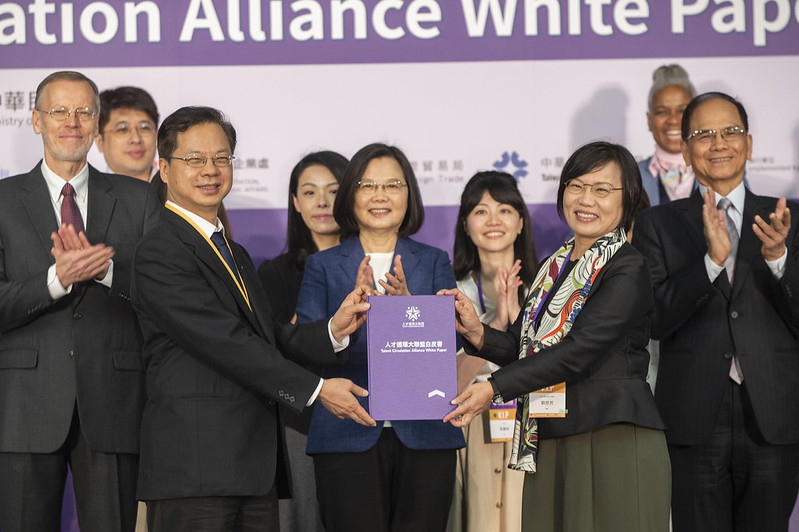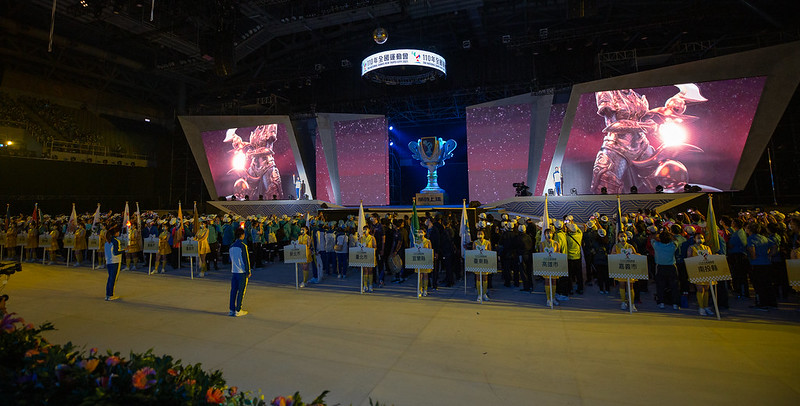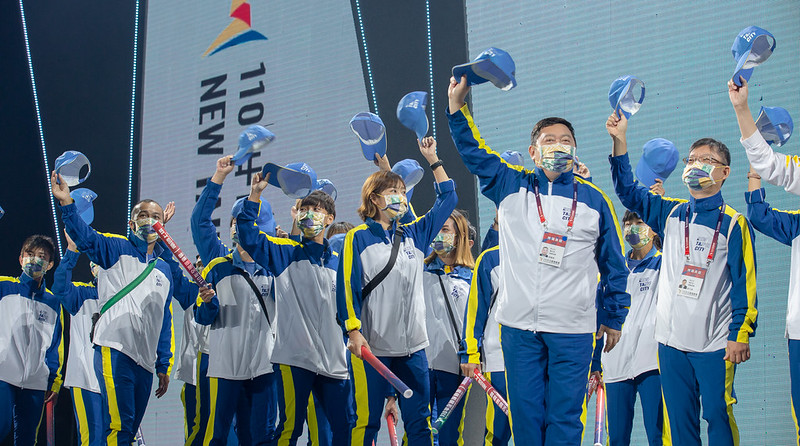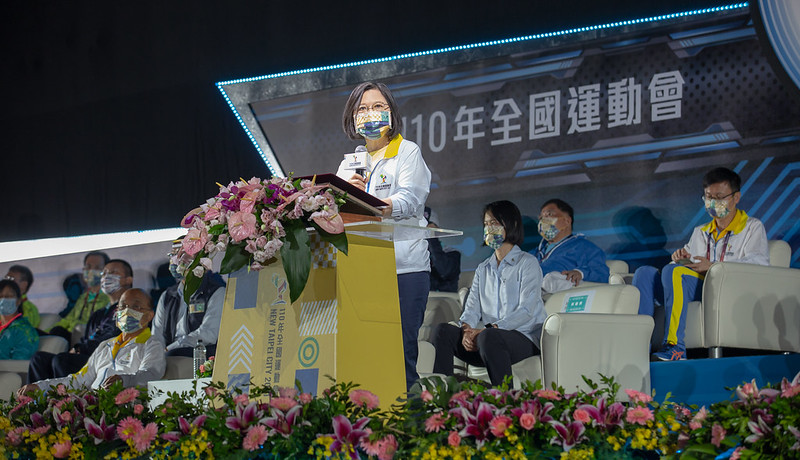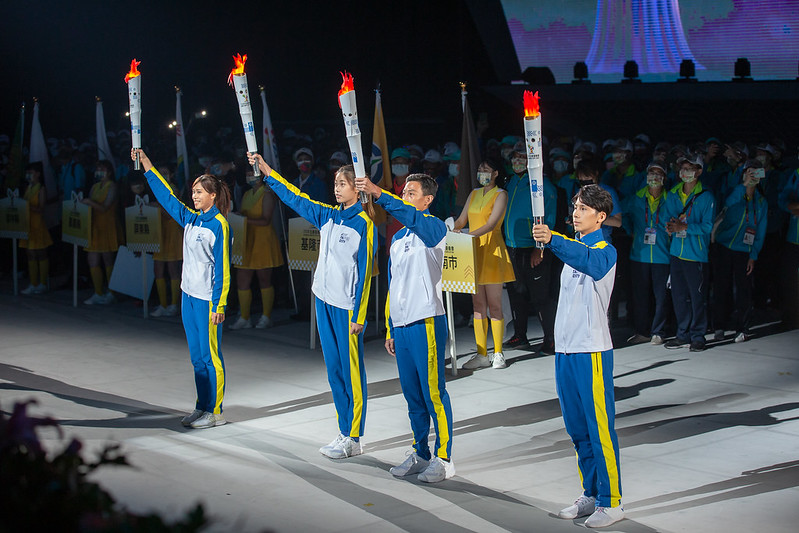News & activities
 News releases
News releases
On the evening of October 16, President Tsai Ing-wen attended the opening ceremony of the 2021 National Games. In remarks, President Tsai emphasized that over the past few years, the government has devoted significant effort to develop sports in Taiwan, increasing the Sports Administration budget year on year while putting forward the Gold Plan to provide athletes with customized training regimens. The president said that these efforts yielded excellent results at this year's Tokyo Olympics, and that the valuable experience gained will be passed down to help our athletes keep excelling on the world stage.
President Tsai kicked off her remarks by welcoming the outstanding athletes from across Taiwan who had gathered to compete at the highest level. Knowing that the competitors had long prepared for this moment, she encouraged them to perform to the very best of their abilities in the pursuit of glory.
President Tsai also noted that this has been a breakout year for sports in Taiwan, as the world-class skill and determination of our athletes brought unprecedented success at the Tokyo Olympics.
President Tsai also noted that many of the athletes participating in the National Games have become household names thanks to their performances at the Tokyo Olympics, and were ready to rise to the challenge of facing the stars of the future. Competing with other top athletes from around Taiwan will help everyone improve and transcend their own limits, she said, which will surely make this year's National Games a truly memorable occasion.
President Tsai stated that Taiwan's wealth of outstanding athletes is a testament to the effectiveness of our sports development programs, and that their success is the direct result of the years of hard work these athletes and their coaches have put in.
President Tsai also emphasized that over the past few years, the government has devoted considerable effort to sports development, including by increasing the Sports Administration budget year on year, constructing new sports facilities, upgrading existing venues and facilities, and putting forward our Gold Plan to provide athletes with customized training regimens.
President Tsai went on to say that these efforts yielded excellent results at this year's Tokyo Olympics, and that this valuable experience will be passed down to help our athletes keep shining on the world stage.
President Tsai also thanked the New Taipei City government for holding this year's National Games in accordance with disease control measures, and for arranging television and Internet broadcasts so that members of the public can watch the events from home. The president also invited everyone watching to join together in following the National Games and cheer on our outstanding athletes from across Taiwan. The president then announced the official opening of the National Games.
President Tsai and guests in attendance then watched the ceremony unfold with the entry and raising of the National Games flag, the oath for athletes and officials, the torch procession, and the lighting of the cauldron to start the 2021 National Games.
